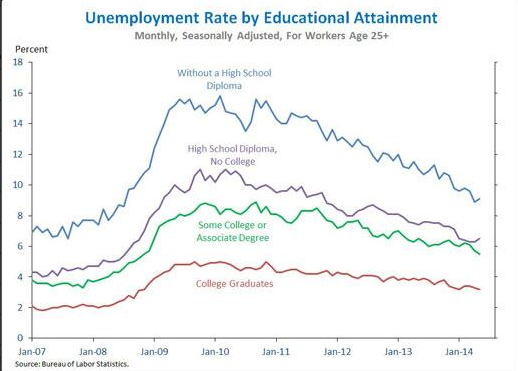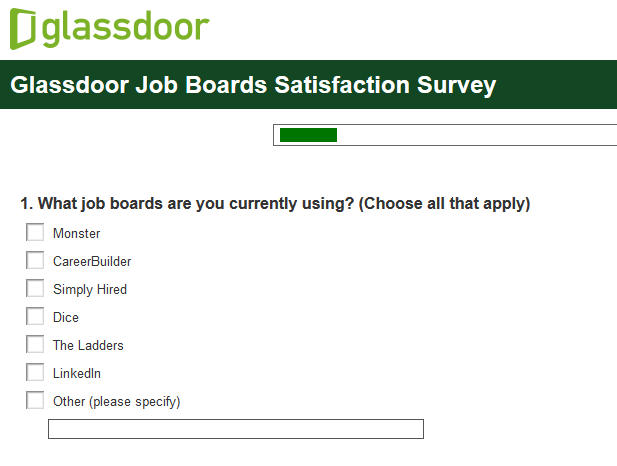Have you guys seen the TV show Naked and Afraid? It’s brilliant! It’s basically a survivalist show where they take a man and woman and put them in some godforsaken place, with one tool each (knife, fire starter, etc.) and no clothes. That’s right, just like the day they were born, they only get to wear their birthday suit! 21 straight days naked with a person you have just met the first time, in horrible conditions you wouldn’t want to be in clothed, let alone naked.
Initially, you go, there is no way I’m sitting down in the mud and sticks and bugs and letting them crawl up my…well, you get the picture. You actually don’t get the picture, because they blur out the actual naked parts, accept butts, you see a lot of butts in Naked and Afraid. I’m not completely sure why or who decided butts were fine to look at on normal cable TV but no pencils or vajayjays, but I guess we have to have limits.
Naked and Afraid is a HR dream TV show!
HR and organizations constantly put people together and force them to interact. Naked and Afraid is almost the same thing, accept we make our people wear clothes per your dress code policy. What you find in Naked and Afraid is usually very sexiest to begin with. The guys want to take on this role of protecting the female (and they over act like seeing this woman naked is having no impact on them, I’m sure their blooper real is awesome!). The females they get are usually bad-ass outdoorsy types, so they can usually take care of themselves. After about ten days of hardly any food and water, usually one of the parties breaks down mentally.
This is the point my wife likes to point out, that it’s usually the man who loses it mentally. For what ever reason, under nourished the men tend to break down faster than the females. While the guys do a lot of the heavy lifting of building shelters, rafts, etc. It’s usually the women who can get them right in the head, and get them to finish line before tapping out and giving up. Like I said, HR folks will love this show!
What this shows does is strip away everything between male and female and put them a completely level playing field. They aren’t in competition, in fact, those that do best usually show the best team work, and really dig into each strengths to make it through the 21 days. Just one man and one woman with only their skills to get them to survive. I wonder how much better our own organizations would be if we could strip away all the B.S. we deal with and let people stand on their own merits!?
Naked and afraid shows you that each person, male and female, has their own strengths needed to survive. While one might possess enough of all these strengths to do it on their own, usually they don’t. Our organizations have gender issues. These issues are rooted in hundred’s of years of male domination, and the ingrained belief strong leaders are primarily male. This show demonstrates this is truly false when all things are equal.
Having a bias is the new black. Like saying you know you have biases somehow exalts you of this weakness. It doesn’t. In HR we allow our leadership to have a gender bias, and we help perpetuate it by not forcing change. Naked and Afraid points this bias out in a not so subtle way and you get to see butts!


